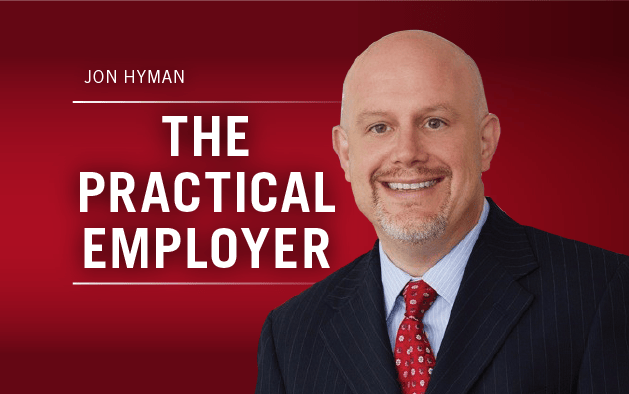Commentary & Opinion
The Legality of Precertification Communications With Potential Class-action Members
By Jon Hyman
Jun. 12, 2018
Your nightmare as an employer has just become your reality.
A disgruntled former employee has launched a wage and hour class action lawsuit against you.
You’d like to get out ahead of the game by having your lawyers start marshaling your evidence. For example, they’d like to interview employees and gather affidavits in opposition to the eventual motion for class certification.
But can they?
Our rules of legal ethics prohibit us from communicating with represented parties. But they also make clear that putative class members (that is, precertification individuals who could be included in the future class) are not yet represented. They only become represented if the class is certified, or if the collective action is certified and they opt in.
For this reason, it’s been nearly three decades since the Supreme Court ruled that defense counsel is permitted to contact putative class members before a class is certified. Indeed, courts only limit these precertification communications to class members if:
- The communications to class members misrepresent the status or the effect of the pending action.
- They have an obvious potential for confusion and/or adversely affecting the administration of justice.
Courts only prohibit or otherwise limit defense counsel’s precertification communication with putative class members if there is a specific showing that the communications attempted to coerce putative members into excluding themselves from the class, undermined cooperation with or confidence in plaintiffs’ counsel, or suggested retaliation for participating in or assisting the class.
Thus, if you are sued in a class-action lawsuit, consider implementing reasoned precertification communications with your employees as part of your defense strategy.
Jon Hyman is a partner at Meyers, Roman, Friedberg & Lewis in Cleveland. Comment below or email editors@workforce.com. Follow Hyman’s blog at Workforce.com/PracticalEmployer.
Schedule, engage, and pay your staff in one system with Workforce.com.
